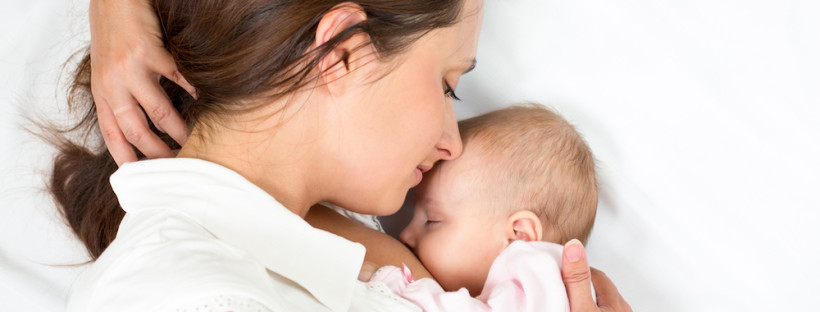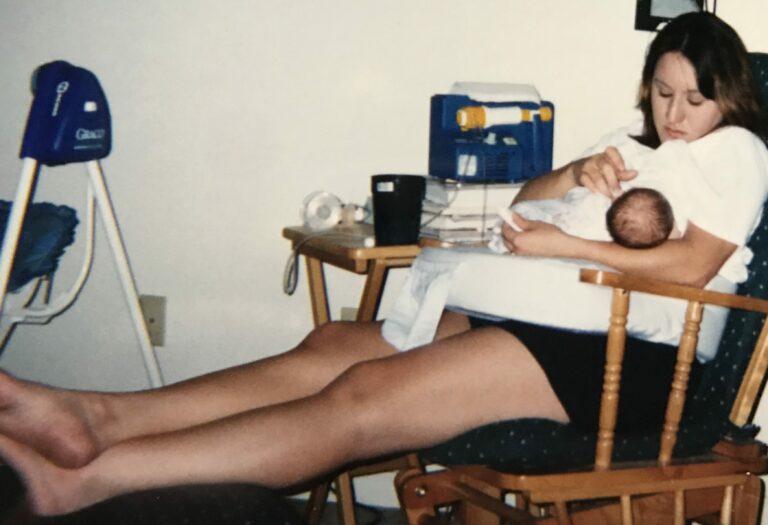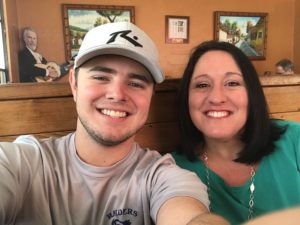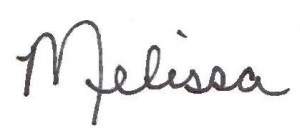Seven thousand and thirty.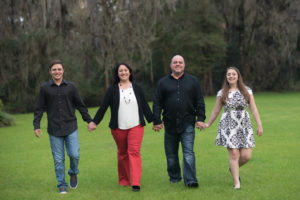 7030. Seven ZERO THREE ZERO.
7030. Seven ZERO THREE ZERO.
That’s an important number. The number of days my oldest child lived under my roof until he moved to his first college apartment just a few short weeks ago. Full disclosure, we are lucky to live in a city that has three great colleges, so he didn’t have to go far, he’s a 27-minute drive from home, to be exact.
But as you can imagine, this move has forced us to reflect back on the early days, months, and years of parenting.
As we were planning and packing and moving, my husband and I started to talk about what kinds of things our dear son would need in his first apartment. The essentials, clothes, bedding, towels, rugs, shower curtains, dishes, kitchenware, you name it, we collected it.
And then there was food.
At first, my husband was thinking that we would give our son his budget, and he’d buy his own groceries from the start…but…
Mamas like to feed their babies.
I shared with my partner of 20 years, that I had the desire to help our kiddo stock up before the big move (and give him the grocery money too). I spent the evening cooking freezer-friendly meals and making a list. By the next day, I had a dining room full of groceries before lunch hour (bought by none other than dad, himself).
You see, daddies want to feed their babies too.
It may seem like the idea of feeding a college-age student is way off from the idea of feeding an infant child, but at the end of the day, we want our offspring taken care of, no matter if they are a few hours old or senior citizens.
Did you see this news story for this year old mama who wanted to take care of her baby? She moved into the same retirement home as her 80-year-old son, so she could look after him. How heartwarming.
For many, it starts with pregnancy and birth…and it never goes away. For a lot of parents, especially in the early days, “taking care” of an infant is internally measured against the ability to successfully feed the baby. Time and time again, I see parents with feelings of accomplishment when their babies are well fed, and feelings of defeat when faced with feeding challenges. Mamas and daddies want to feed their babies.
Okay, so, what’s the connection here to our work as birth professionals?
Today, with great excitement, I want to discuss the recent accreditation of Tallahassee Memorial Hospital as a Baby-Friendly Hospital. What is the Baby-Friendly Hospital Initiative (BFHI), and what does it mean, you ask?
According to the Baby-Friendly website, “The BFHI assists hospitals in giving mothers the information, confidence, and skills necessary to successfully initiate and continue breastfeeding their babies or safely feed with formula, and gives special recognition to hospitals that have done so.”
As a labor doula, childbirth educator, and lactation counselor, I have been working with birthing families in this facility since 2003, and in that time I have seen a major shift in the way that providers care for new families.
From moving away from the newborn nursery (separating moms and babies for hours at a time), towards routine skin to skin after birth and “rooming in” to keep moms and babies together, (a Lamaze Healthy Birth Practice); we’ve seen a BIG change in policy and practice!
In becoming baby-friendly, facilities must educate, promote, and adhere to the Ten Steps of Successful Breastfeeding, AND agree to the International Code of Marketing Substitutes to Breast-Milk.
The Ten Steps are endorsed and promoted by maternal and child health authorities in the United States, including, the AAP, AAFP, ACNM, ACOG, The CDC, The Surgeon General and more. Adherence to the code of marketing is a big commitment, as it has a significant financial impact for hospitals.
Becoming baby-friendly is a commitment of time, resources, continuing education, and it’s an investment of MONEY. This investment will lead to more support to new families as they transition to parenthood.
Baby-Friendly hospitals support practices that are more, well, friendly {read: healthier} for babies.
The benefits of breastfeeding are well studied and documented. We know it’s healthy, safe, and has the potential to save lives. Take for instance the almost 20% lower rate of childhood leukemia for the baby who’s breastfed for six months, or the lower rate of sudden unexpected infant death (SUIDS, formerly SIDS) for the breastfed baby.
At the end of the day, the BFHI supports breastfeeding as well as a more family-centered approach to the transition to parenthood, which will absolutely lead toward better health for moms and babies. While breastfeeding support is a cornerstone of the BFHI, many other baby-friendly practices come along with it.
More skin to skin time, delayed cord separation, and delayed newborn bath are a few we see being implemented as standard care. It’s a mind-shift, from the days of checklists and getting things done quickly after a newborn arrives, to understanding the importance of The Magical Hour after birth, and honoring the transition a baby and family make from living in utero to in the world around us.
Baby-friendly accreditation is another step in the right direction and shows that our hospital has made great strides to shift with the times, and ultimately support better and better care for families.
The accreditation is something to be proud of, as it shows families and the birth community that the hospital is committed to healthy, safe, practices for new families.
Successful feeding is not only essential for a healthy baby, but for many, it makes a difference in the emotional health of the family.
I am grateful for those who made this shift happen. It means that we as a birthing community have an eye on the future, and in collaboration, we can make big changes for the betterment of maternal and infant health.
To the TMH lactation department, the nursing staff, the midwives, the doctors, and admins and others, thank you for your part in making birth better for families in Tallahassee.
Bravo.
Kudos.
you are making a difference for families in our community.
Well Done, My Friends.
Thank you.
And to my own college-age child now living on your own, wanna come over for dinner?
Always growing, ever learning, much loving,
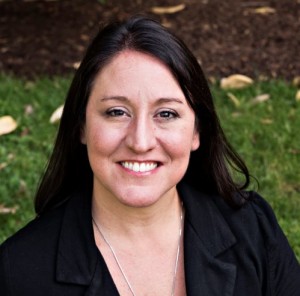 Melissa Harley, AdvCD/BDT(DONA), CLC, LCCE, FACCE is an advanced certified birth doula, approved birth doula trainer, lactation counselor, and certified childbirth educator. She is the owner of Capital City Doula Services (CCDS) and this blog. While working as a doula led her to the childbirth profession, mentoring families and professionals is one of her greatest joys. To contact Melissa, please visit our contact us page.
Melissa Harley, AdvCD/BDT(DONA), CLC, LCCE, FACCE is an advanced certified birth doula, approved birth doula trainer, lactation counselor, and certified childbirth educator. She is the owner of Capital City Doula Services (CCDS) and this blog. While working as a doula led her to the childbirth profession, mentoring families and professionals is one of her greatest joys. To contact Melissa, please visit our contact us page.

